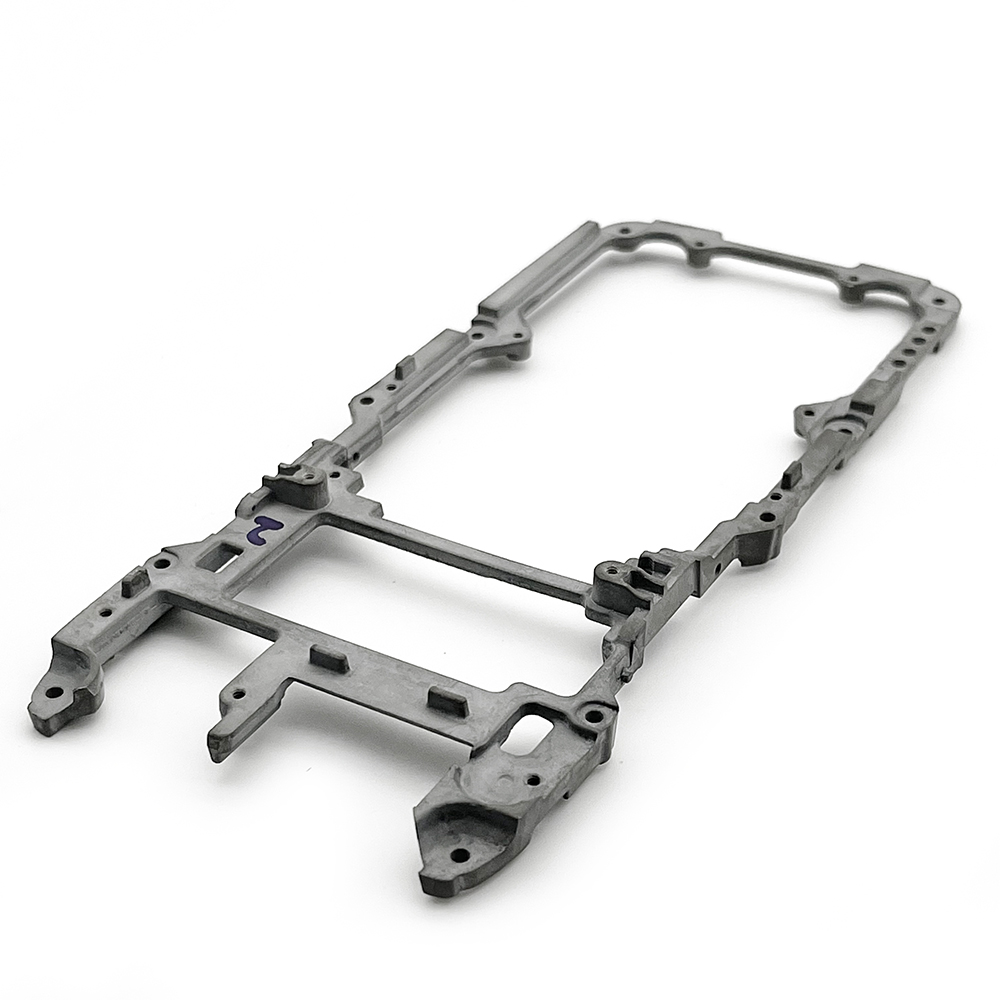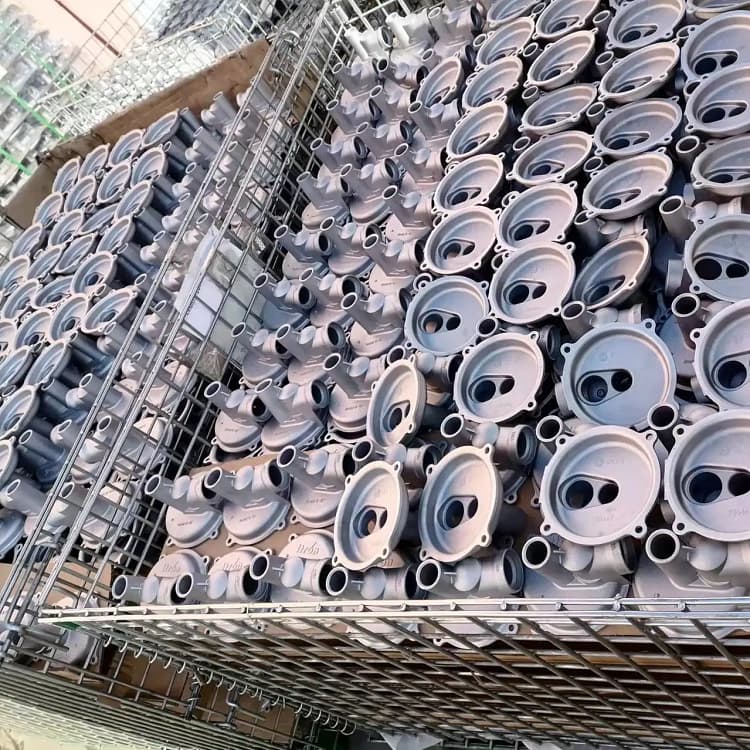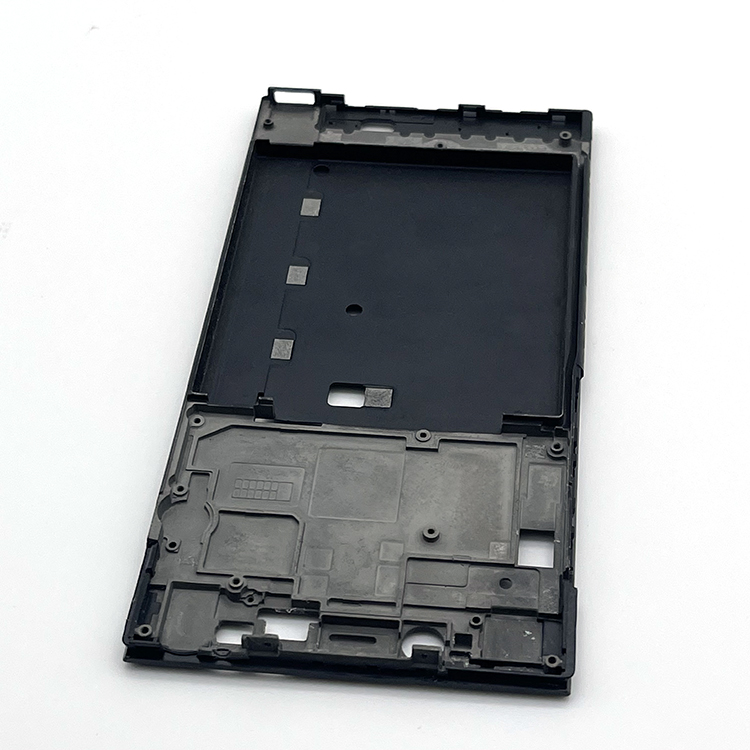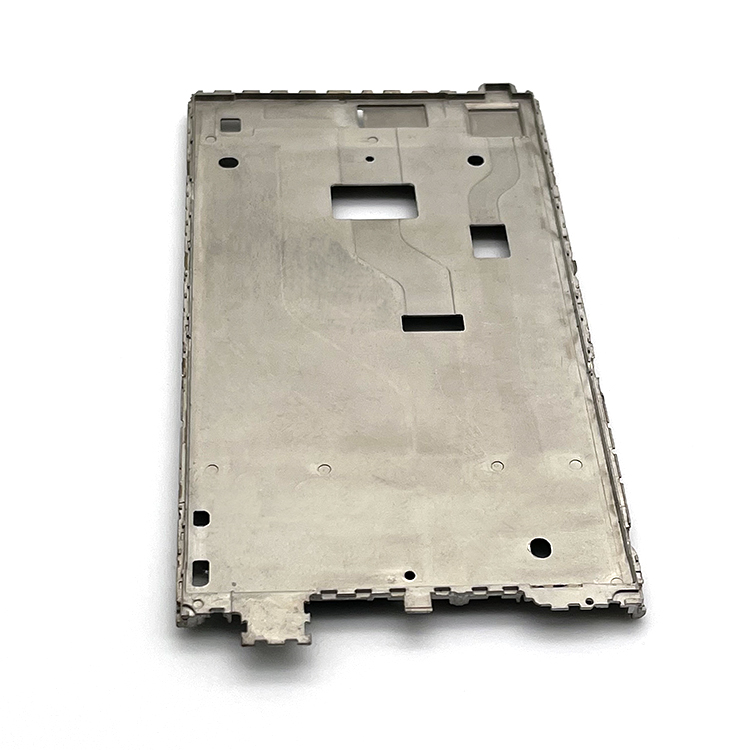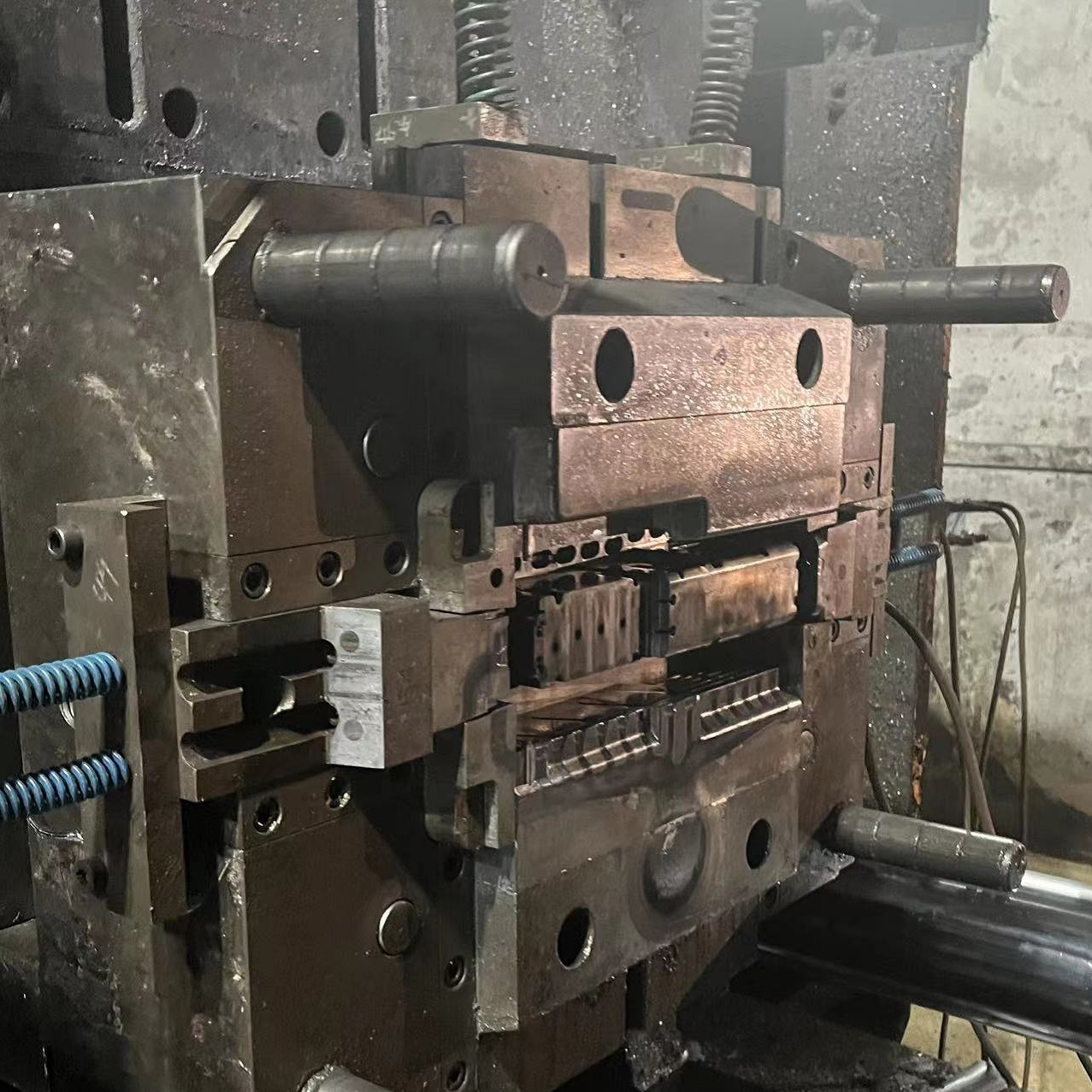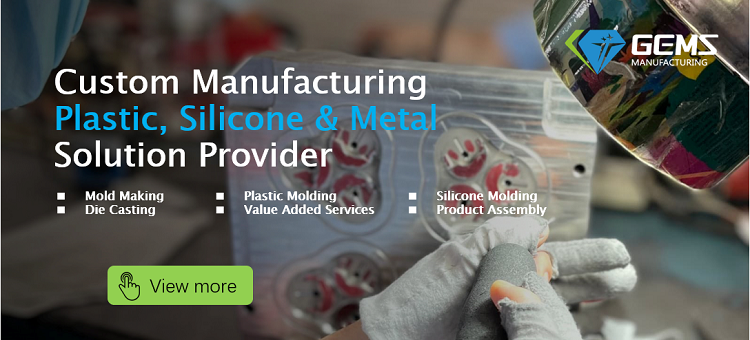Understanding Magnesium Alloys
Magnesium, with its atomic number 12, is a lightweight and highly abundant metal. Magnesium alloys, created by combining magnesium with other elements such as aluminum, zinc, and manganese, exhibit remarkable strength-to-weight ratios. This makes them an ideal candidate for applications where both strength and low weight are paramount, such as in the automotive and aerospace industries.
- High Strength-to-Weight Ratio: Elevating Performance Standards
Magnesium alloys, celebrated for their remarkable strength-to-weight ratios, become indispensable in applications where minimizing mass is paramount. Industries such as automotive, aerospace, and electronics benefit significantly from this intrinsic advantage, pushing the boundaries of what’s achievable in lightweight yet robust components.
- Superior Castability: Precision in Complexity
AZ91D, AM60B, and AM50A showcase outstanding castability, allowing manufacturers to create intricate and complex designs with precision and efficiency. This characteristic positions magnesium alloys as ideal choices for crafting components with intricate geometries, opening avenues for innovative and sophisticated designs.
- Thermal Conductivity: Managing Temperature Dynamics
The commendable thermal conductivity of magnesium alloys makes them well-suited for applications requiring effective heat dissipation. Industries dependent on managing temperature fluctuations, such as electronic devices and automotive components, find a reliable ally in magnesium alloys to ensure optimal performance and longevity.
- Electrical Conductivity: Powering the Future of Electronics
Magnesium alloys, including AZ91D, feature good electrical conductivity, expanding their utility in diverse electronic and electrical components. This property makes them integral to the ever-evolving landscape of electronic devices, ensuring efficient electrical transfer and enhancing overall performance.
- Noise and Vibration Dampening: Enhancing User Experience
The innate ability of magnesium alloys to dampen noise and vibrations is a valuable attribute, particularly in industries where minimizing sound and vibrations is imperative. Automotive and consumer electronics applications benefit significantly, providing users with a quieter and more stable experience.
- EMI & RFI Shielding: Ensuring Signal Integrity
Exemplified by AZ91D, magnesium alloys provide robust electromagnetic interference (EMI) and radio-frequency interference (RFI) shielding. This is crucial in electronic devices to prevent interference, ensuring signal integrity and maintaining the optimal functioning of sensitive electronic components.
- Superior Machinability: Streamlining Manufacturing Processes
AZ91D, recognized as the easiest alloy to machine, streamlines manufacturing processes, resulting in cost-effective production and the creation of intricately detailed components. This superior machinability contributes to the versatility of magnesium alloys, making them an attractive choice for various applications.
- Environmental Sustainability: A Commitment to Responsible Manufacturing
The recyclability of magnesium alloy scrap material aligns with eco-friendly practices, promoting a circular economy and reducing environmental impact. Opting for magnesium in die casting becomes a conscious step towards sustainable and responsible manufacturing, addressing the growing importance of environmental stewardship.
- Corrosion Resistance: Endurance in Harsh Environments
Magnesium alloys, including AZ91D, exhibit good corrosion resistance, enhancing their suitability for applications exposed to harsh environmental conditions. This quality ensures the longevity and durability of the cast components, making magnesium alloys reliable solutions in challenging environments.
- Dimensional Stability: Precision in Every Detail
Magnesium alloys provide greater dimensional stability, making them a preferred choice for components where maintaining precise dimensions is critical. This characteristic is particularly advantageous in applications with stringent tolerance requirements, ensuring that the final product meets exacting standards.
